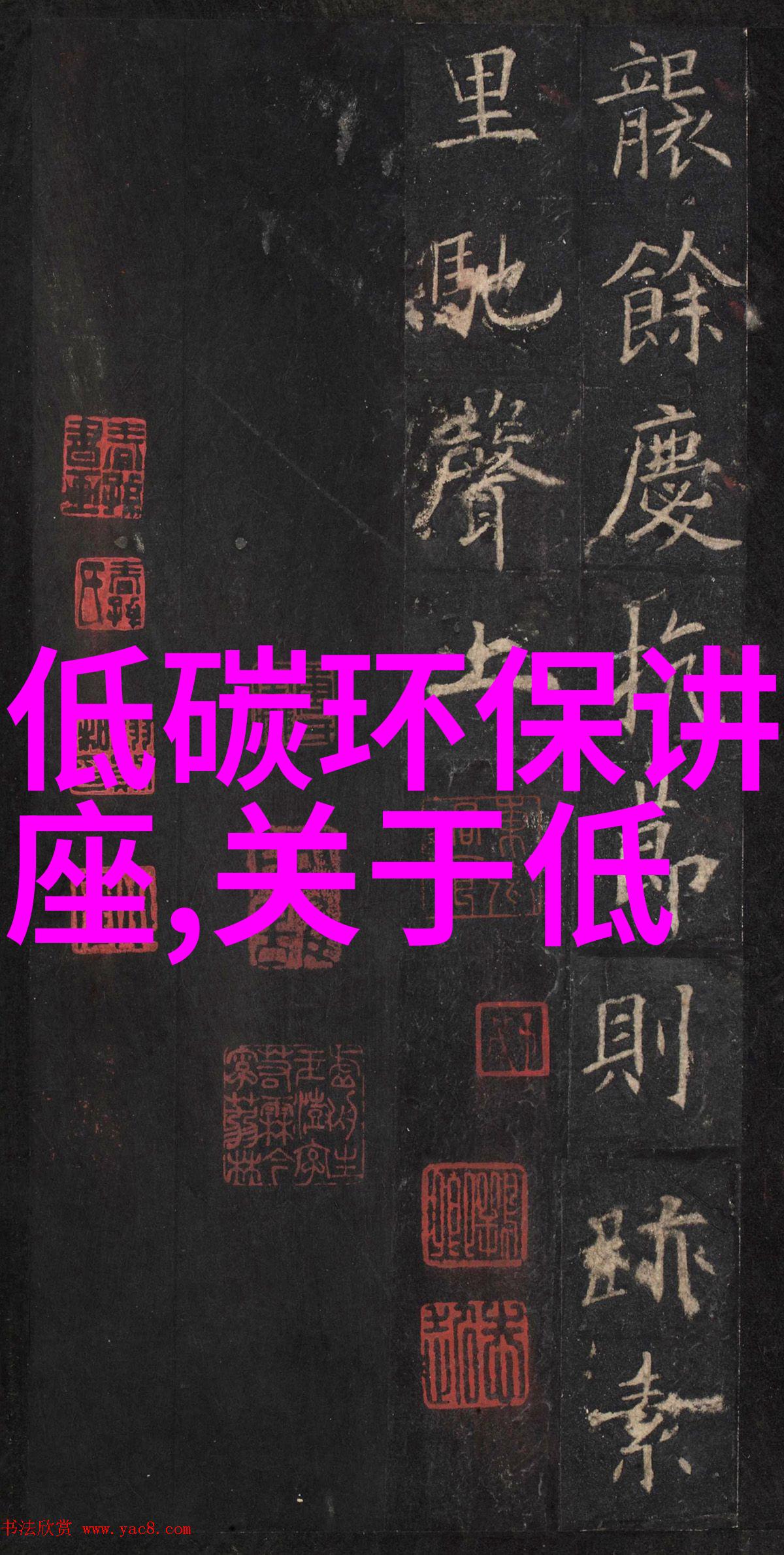地下水污染现状:探究地表活动对地下水质量的影响与防治策略

地下水污染的主要原因
地下水体系是地球上最古老的生态系统之一,但近年来,由于人类活动的迅速发展,特别是工业化、城市化和农业生产等地表活动,对地下水造成了严重污染。这些活动不仅直接排放含有化学物质和微生物的大量废弃物,还间接导致土壤侵蚀、土地退化和农药残留等问题,从而破坏了地下水资源。

地下水污染对环境及人群健康的影响
Underground water pollution not only poses a threat to the environment but also has severe impacts on human health. The contamination of underground water sources can lead to the consumption of toxic substances, which may cause various diseases and even death in extreme cases. Moreover, it can contaminate surface water bodies like rivers and lakes through infiltration, further affecting aquatic ecosystems.

防治措施与技术应用
To mitigate the effects of underground water pollution, several measures should be taken into consideration. Firstly, strict regulations should be implemented for industrial waste disposal and agricultural practices that could potentially contaminate groundwater sources. Secondly, advanced technologies such as artificial recharge systems and innovative treatment methods can help clean up polluted groundwater resources.

公众意识提升与参与作用
Public awareness plays a significant role in preventing underground water pollution from occurring or worsening in severity. Governments must educate citizens about proper waste disposal techniques and encourage them to participate in conservation efforts by using less chemical-based products at home and supporting sustainable agriculture practices.

法律法规制定与执行力度加强
Strengthening legal frameworks related to groundwater management is essential for combating this issue effectively. Governments must enforce existing laws more strictly while also introducing new legislation as necessary to protect these vital resources from exploitation.
国际合作共商解决方案
Lastly, international cooperation is crucial for addressing this global problem comprehensively since no single nation or entity can tackle it alone effectively without collaboration with others who share similar concerns over their own groundwater resources' safety and sustainability.
文章内容生成完毕。




